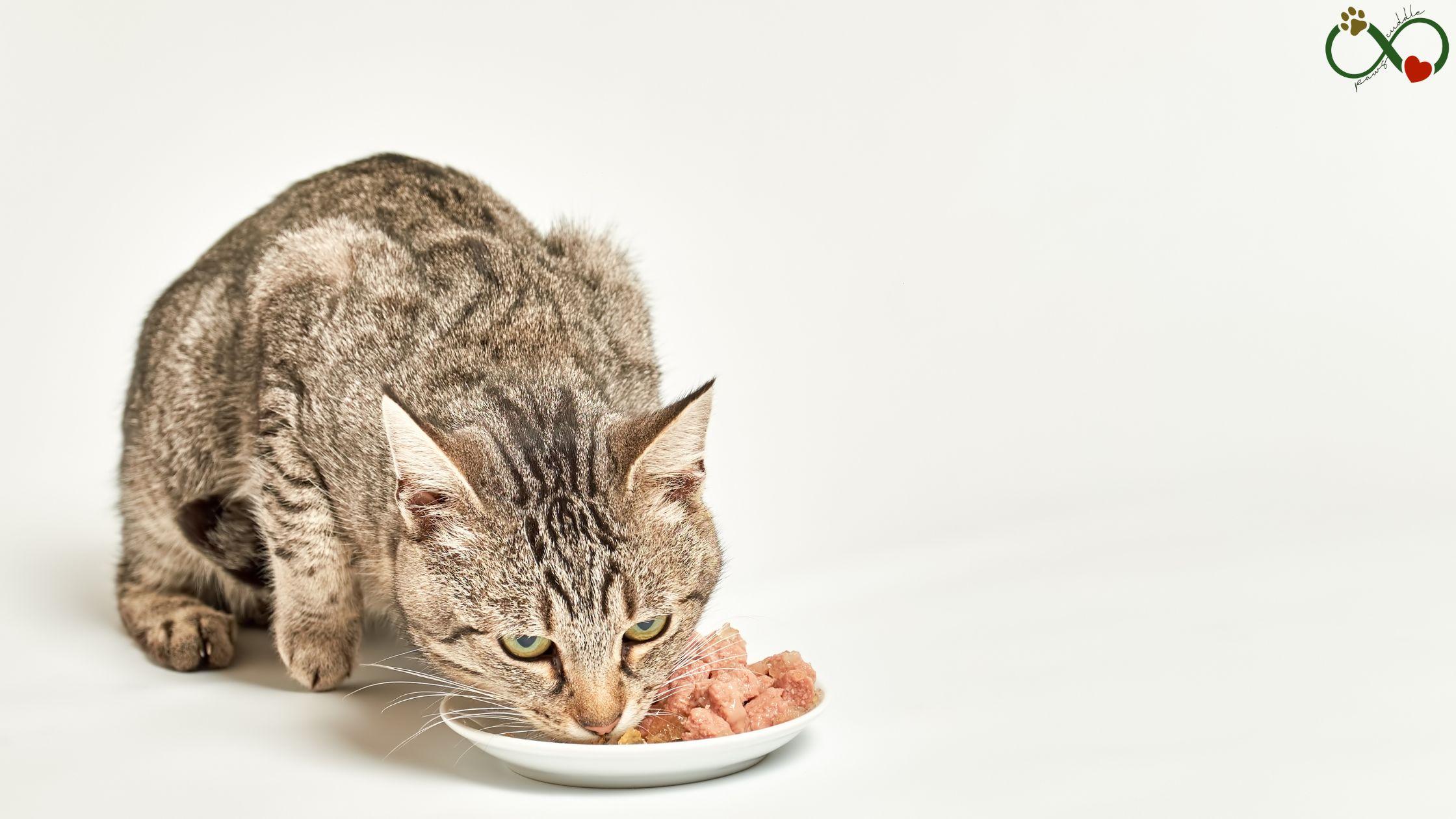What to Feed Your Cat: A Comprehensive Guide to Feline Nutrition

Welcoming a feline friend into your home brings joy and companionship, but it also comes with the responsibility of providing them with the right nutrition. A well-balanced diet is crucial for a cat's overall health and well-being. In this article, we will explore the essential dietary needs of cats and what you should feed your furry companion to ensure they lead a happy and healthy life.
1. Understanding a Cat's Dietary Requirements
Before diving into what to feed your cat, it's essential to understand their dietary requirements. Cats are obligate carnivores, which means their diet primarily consists of meat. Proteins are the building blocks of their nutrition, and they require essential amino acids like taurine, arginine, and methionine to thrive.
2. High-Quality Commercial Cat Food
Commercial cat food is a convenient option that caters to your pet's nutritional needs. Look for reputable brands that offer complete and balanced formulas for cats. Read the labels to ensure the food contains essential nutrients and is free from artificial additives.
3. Wet vs. Dry Cat Food
Both wet and dry cat food have their pros and cons. Wet cat food provides extra hydration, which is beneficial for cats who don't drink much water. On the other hand, dry cat food helps maintain dental health by reducing plaque buildup. A combination of both can be a suitable choice for your cat.
4. Homemade Cat Diets
For pet owners who prefer a more hands-on approach, homemade cat diets can be an option. However, it's essential to consult with a veterinarian or a veterinary nutritionist to create a balanced diet plan that fulfills all the necessary nutrients.
5. Meat: The Staple of a Cat's Diet
As obligate carnivores, meat is the cornerstone of a cat's diet. Whether you choose commercial cat food or homemade meals, ensure that meat is the primary ingredient, providing the essential proteins and amino acids your cat needs.
6. Fish: A Controversial Choice
Fish is a common ingredient in cat food, but its exclusive consumption can lead to health issues due to the imbalanced calcium and phosphorus ratio. Occasional fish treats are acceptable, but it's best to avoid making it a regular part of their diet.
7. Avoiding Toxic Foods
Certain human foods are toxic to cats and should be strictly avoided. These include chocolate, onions, garlic, grapes, and raisins, among others. Educate yourself about these harmful foods to protect your feline companion from potential health risks.
8. Providing Fresh Water
Apart from a nutritious diet, access to fresh water is essential for your cat's well-being. Make sure to keep their water bowls clean and filled with fresh water at all times.
9. Managing Portion Sizes
Maintaining an ideal weight is crucial for your cat's health. Be mindful of portion sizes to prevent obesity, which can lead to various health issues. If you're unsure about portion control, consult your veterinarian.
10. Considering Your Cat's Age and Lifestyle
A cat's nutritional needs vary based on their age and lifestyle. Kittens, adult cats, and senior cats have different requirements. Additionally, an active cat may need more calories than a sedentary one. Take these factors into account when choosing their diet.
11. Monitoring Food Allergies and Sensitivities
Cats can develop food allergies or sensitivities, resulting in skin issues, digestive problems, or ear infections. If you notice any unusual symptoms, consult your veterinarian to identify the allergen and adjust their diet accordingly.
12. Introducing New Foods Gradually
When introducing new foods or switching diets, do it gradually. Sudden changes can upset your cat's stomach and lead to digestive issues. Slowly transition them to the new diet over several days.
13. Grooming and Nutrition
A well-balanced diet also contributes to a cat's coat and skin health. Proper nutrition promotes a shiny, soft coat, reducing shedding and matting.
14. Regular Veterinary Check-ups
Regular veterinary check-ups are essential to monitor your cat's overall health. Your veterinarian can provide personalized dietary recommendations and address any health concerns.
15. Conclusion
As a responsible cat owner, providing the best nutrition for your feline companion is paramount. Remember that cats are obligate carnivores, and a diet rich in high-quality protein is essential for their well-being. Whether you choose commercial cat food or homemade diets, always prioritize your pet's health and happiness.
FAQs
1. Can I feed my cat dog food in an emergency? No, feeding your cat dog food is not recommended. Dogs and cats have different nutritional requirements, and dog food lacks certain essential nutrients that cats need.
2. Is raw meat a suitable diet for my cat? While some pet owners advocate for raw meat diets, it can be risky due to the potential presence of harmful bacteria. Consult your veterinarian before considering a cats eat raw meat.
3. How can I prevent my cat from becoming overweight? Ensure you provide appropriate portion sizes and engage your cat in regular play and exercise to prevent obesity.
4. Can I give my cat milk to drink? Most adult cats are lactose intolerant, so it's best to avoid giving them milk. Instead, offer fresh water for hydration.
5. Should I consult a veterinarian before changing my cat's diet? Yes, consulting a veterinarian is crucial before making any significant changes to your cat's diet. They can provide personalized advice based on your cat's specific needs.
- Questions and Answers
- Opinion
- Motivational and Inspiring Story
- Technology
- Live and Let live
- Focus
- Geopolitics
- Military-Arms/Equipment
- Security
- Economy/Economic
- Beasts of Nations
- Machine Tools-The “Mother Industry”
- Art
- Causes
- Crafts
- Dance
- Drinks
- Film/Movie
- Fitness
- Food
- Games
- Gardening
- Health
- Home
- Literature
- Music
- Networking
- Other
- Party
- Religion
- Shopping
- Sports
- Theater
- Health and Wellness
- News
- Culture

